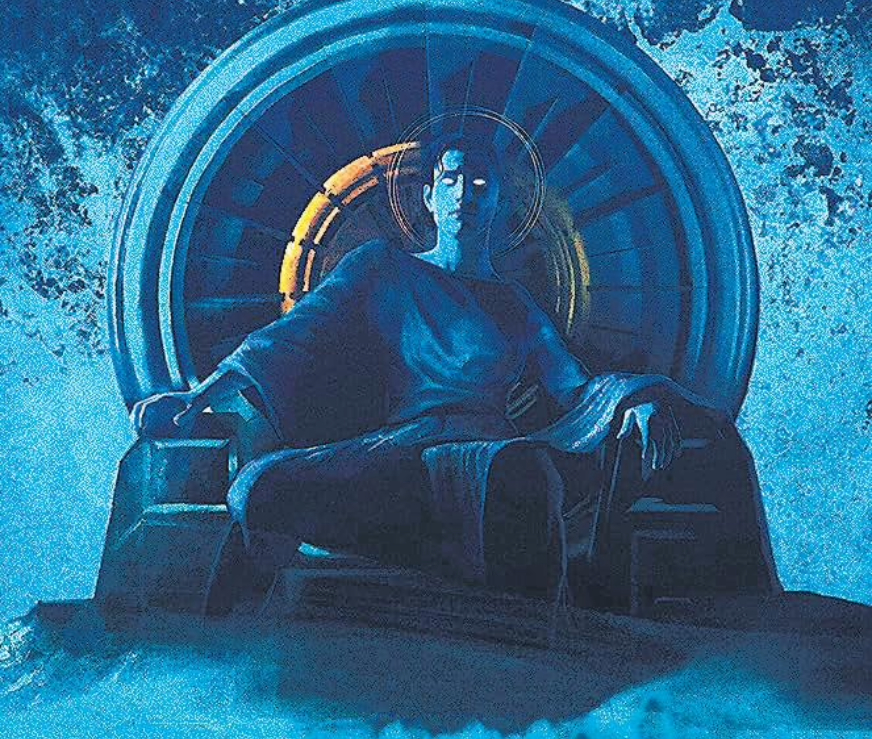“How easy it was to mistake clear reasoning for correct reasoning!”
Frank Herbert, Dune Messiah
The second Dune book, Dune Messiah is my second favorite book in the series. It follows Paul and his sister Alia Atreides. As well as the conspirators looking to bring down the tyrannical rule of Paul Muad Dib and his Fremen. All this while Chani (Paul’s Companion) is pregnant with the twins Leto and Ghanima. The mystery of the conspirators and their battle against the prescient Paul makes for a thrilling story despite the lack of major action scenes.
The goal of Dune Messiah is to convey to the audience the original message of the original Dune book. That being the cautionary tale I mentioned before while discussing the first book. This book showcases a more jaded Paul who is starting to feel the full weight of prescience and how it affects his view of reality.
One of the major themes that this book focuses on is religion. This is a common thread through the whole series, but I think the second book is an especially potent example. Religion in Dune Messiah is a tool for power. Paul is human, but to many people in his empire, he is a god. Paul uses rituals as a method of controlling the masses in his empire and his sister Alia also becomes a tool used to enforce the mystique of their state religion. Despite all the fanfare, Paul clearly understands that he is in fact, not a god. He is shown to be resigned to his fate as the center of this religion and instead of tearing it down, he uses it to maintain his political power as Emperor of the Known Universe. He constantly manipulates people such as Stilgar and the other Fremen, who followed him as warriors in conquest, but are now political bureaucrats in his system. This idea of converting Rebels to Bureaucrats is brought up again in God Emperor of Dune. A lot of Frank Herbert’s ideas are recurring concepts through the series and I think that adds a lot to the value of reading the series multiple times.

